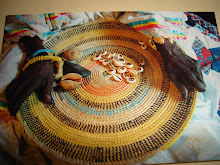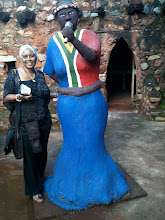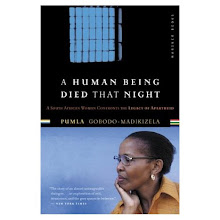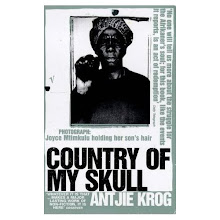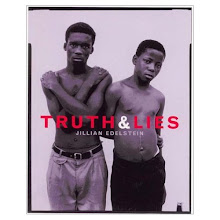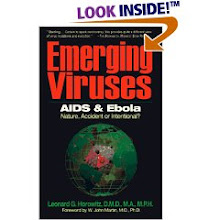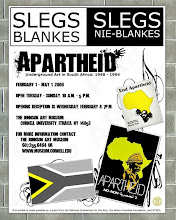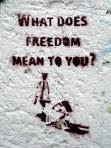 On Tuesday and Wednesday night I saw a play at ACT in San Francisco called Blood Knot written by Athol Fugard, directed by Charles Randolph-Wright with music by Tracy Chapman. http://bloodknot-act.blogspot.com/. It is an important play that has resurfaced again. It was first written in 1961 by a white South African. In a clandestine engagement due to the apartheid ban, the play was first performed by Fugard and a black Jazz saxophonist Zakes Mokae in an abandoned button factory in Johannesburg. The audience crammed into an unventilated room and according to Mokae it was said of the audience "they were streaming in week after week to sit as if fascinated by a snake "
On Tuesday and Wednesday night I saw a play at ACT in San Francisco called Blood Knot written by Athol Fugard, directed by Charles Randolph-Wright with music by Tracy Chapman. http://bloodknot-act.blogspot.com/. It is an important play that has resurfaced again. It was first written in 1961 by a white South African. In a clandestine engagement due to the apartheid ban, the play was first performed by Fugard and a black Jazz saxophonist Zakes Mokae in an abandoned button factory in Johannesburg. The audience crammed into an unventilated room and according to Mokae it was said of the audience "they were streaming in week after week to sit as if fascinated by a snake " The play became a legend, a political event and a charged happening because of Apartheid. The play is about two colored brothers, one who is dark and one who is light enough to pass for white, who are immersed in an entangled relationship of love, race, discrimination and yes of course loyalty. It really portrays the tragic reality that was a result of apartheid, where families disowned their relatives because they were darker and if they could play white, would reap all the privileges that whites could. I have seen it happen in my own family. My grandmother had lillywhite skin, her name was Elizabeth named after the Queen and sometimes. My parents on the other hand, attended clandestine political meetings where they deliberately spoke in English, knowing that there was an Afrikaans policeman present (supposedly incognito) who could not understand what they were saying.
In the discussion before the play, Randolph-Wright talks frankly of how the play scares him, because, fifty years later it is still so painful and relevant. I had the honor to meet him. Whilst a beautiful man and an incredible director, I wonder if to some extent his fear restricted his direction in a way that it suppressed the powerful message in the first half. Robert Hurwitt, the San Francsico Chronical critic accurately describes his own perception of the director's projection. He says that Randolph -Wright "surrounds the acting with distracting directional flourishes, as if he did not trust the drama to carry its own weight" and I agree with him when he ends his piece with "As tempting as it may be to explain the play's relevance to America's overdue examination of race matters, ACT's Blood Knot succeeds best when it lets the play speak for itself"
The first hour did not really tap into the degradation, the poverty and the complex painful relationship of two brothers, one who can pass as white and one who is black. For those who knew nothing or little of the complexities of colored playing white within a family, it left one thinking that it was a playful exchange involving a woman. Even when they find out she is white, because of the snap shot she sent, it does not really delve into the painful realization that the black brother who had originally made contact with the woman, is now asking his whiter brother to meet with her. But the director, in his honesty of the issue scaring him, which in my humble opinion, may have inhibited the true guts of the issue, spoke to what is a reality for many around race, segragation and the depths we will stoop to forget who we are and where we come from so that we can "have a better life." -We do not dare go there, delve deep, but rather we shy away from something that is too painful.
The second half on the other hand, brings to the forefront and invites those who see it ( I counted 6 black people in the audience on Tuesday and maybe fifteen in a packed house on Wednesday) to go there -if they dare. That and Tracy Chapman's haunting music that raised the ancestor spirit of the mother who is constantly watching over the brothers, I feel did a brilliant job of portraying the mothers pain of this blood knot. The two brothers, Fugard and the direction took us on a journey that could be anyone's reality at anytime. It depicts the truth of Apartheid's madness, that as if the inhumaness and racism was not enough for these poeple, the color/tone of one's skin was thrown into to the mix, dividing families, and deciding your fate. There was even a term in South Africa, honorary whites, that decided what you were at any one time. I remember our famliy laughing at this absurdity! When you entered South Africa at the airport, and you were not white but looked white (as in say Chinese) they would have to look you up to see if you were honorary white.
And so our blood knot ties us together and cannot be untied, but it weaves through all in the interconnectedness of humans not just families, as in Ubuntu, - not white people, Africans, black people and colored people- ALL humans. Read or go and see the play, it is important. Hamba Kahle!

